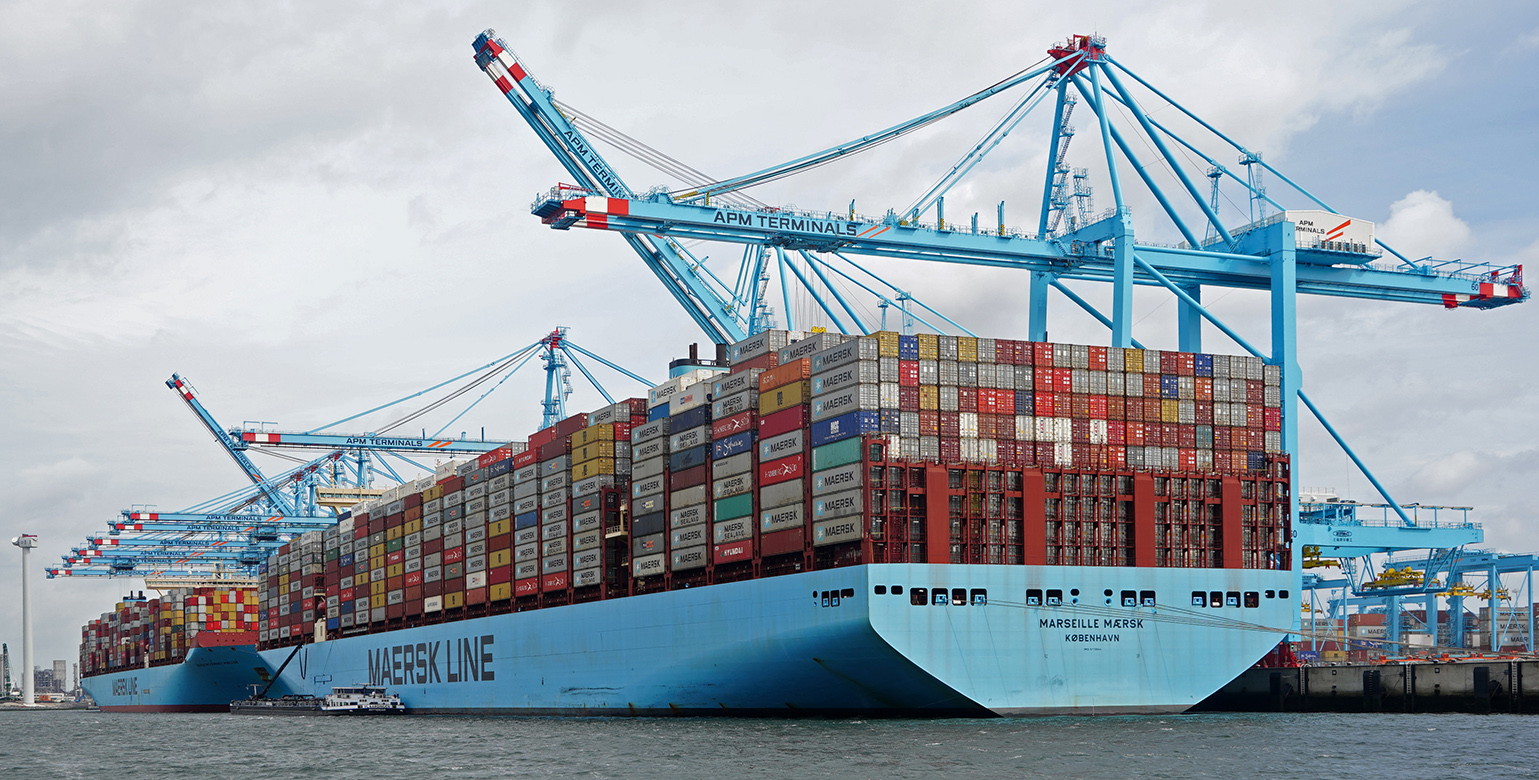The volatility of the supply chain continues to be a major story in the global coffee trade. On the supply side, what was once more or less forecastable has been disrupted by COVID restrictions, unpredictable extreme weather destroying crops in major producing countries like Brazil, unknown stockpile sizes, and farmers defaulting on shipments to capitalizing on the volatile and now skyrocketing C-market price. And even when green coffee is available, container shortages, a dearth of truck drivers, and civil unrest have exacerbated shipping woes.
And now, the surging price of oil is expected to add more chaos.
The steep rise in oil prices is yet another tendril of the global effect of Russia’s invasion of Ukraine. Per CNBC, the price of oil rose above $100 per barrel the same day as the Russian attacks began and has steadily risen since then to some of its highest prices in years. (Though yesterday crude oil dropped by 12% to just under $109 a barrel as the market continues to react to the invasion by Russia, one of the world’s leading oil producers who now is facing global sanctions and boycotts.) And while spiking oil prices will be felt by almost every industry, coffee, already in flux, is set to be hit hard.
According to the Economic Times, it is the very same turmoil the coffee supply chain is already experiencing that leaves it ill-prepared to handle the higher oil prices. The price of Arabica futures rose by 76% last year, with Robusta performing similarly well in that same time frame. This, according to Thomas Hartley, the president and owner of Hartley Transportation, will keep the logistics of coffee supply chain “chaotic” and “more painful with surging energy costs.”
This is leading many coffee traders to have to alter their plans and find new ways to get their coffee to buyers. According to Luca Scamardella of the Mediterranean Shipping Company, green coffee buyers and traders are “trying to modify capacity and adjust schedules, and some business has been diverted from especially congested ports such as Long Beach in California to less-backed up sites in other cities.”
It’s already an uphill battle for coffee producer and importers, and the rising price of oil due to armed conflict a continent away only adds to the issues. But if there is a sliver of a silver lining to the continued bad news for the supply chain, it is that the specialty coffee side of things has proven surprisingly resilient. According to the recent Specialty Coffee Transaction Guide, the price of specialty coffee has risen reliably year over year, due in part to specialty coffee’s commitment to building longterm relationships with farmers and buying practices untethered to the whims of the C-market. While the spike in oil prices will surely increase shipping costs across the board, affecting specialty coffee and commodity alike, the specialty sector of the coffee industry appears poised to withstand short-term volatility stemming from the changing oil prices—at least for now.
Zac Cadwalader is the managing editor at Sprudge Media Network and a staff writer based in Dallas. Read more Zac Cadwalader on Sprudge.
Photo by Kees Torn

























